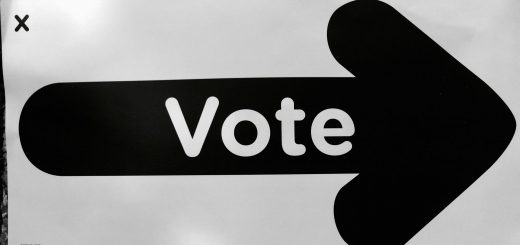R v Vassell: Reasonableness and Systemic Flaws in the Legal System
In R v Vassell, 2016 SCC 26, the accused, Mr. Vassell, was charged with possession of cocaine for the purpose of trafficking. However, Mr. Vassell’s trial was delayed by over three years, and because of this, he applied for a stay of proceedings and claimed that the delay violated his s. 11(b) Charter right. Under s. 11(b) of the Charter, “any person charged with an offence has a right to be tried within a reasonable time.” At the trial level, the judge dismissed the application and convicted the accused. The majority at the Court of Appeal of Alberta agreed (see R v Vassell, 2015 ABCA 409).
At the Supreme Court of Canada (the “SCC”), things played out differently. One judge’s dissenting opinion at the Court of Appeal of Alberta, O’Ferrall J.A., became the basis for the reasoning at the higher court. The SCC agreed with the sentiments of O’Ferrall J.A.: it was simply unreasonable that the accused had “waited three years for a three-day trial” (para 54 of COA judgment).
The SCC determined that Mr. Vassell’s s. 11(b) Charter rights had been breached. This was not only because the delays were caused by events that were not in the accused’s control (relating mostly to Mr. Vassell’s six co-accused and their counsel), but also because one must take into account all reasons when assessing reasonable delay. To this point, the Court noted the importance of Mr. Vassell’s own efforts to take “proactive steps throughout, from start to finish, to have his case tried as soon as possible” (para 6).
The concept of reasonableness as a standard in law has been a topic of discussion for many decades. We have heard it all too many times: the reasonable person, the reasonable doubt, the reasonable notice.
Although this post is not the right forum to discuss the lengthy philosophical and theoretical meanings and implications of the reasonableness standard, it is interesting to think about the consequences of the application of that standard in this case. What does it really mean to be tried within a reasonable time? Here, a finding of unreasonableness meant that an accused’s otherwise guilty conviction was tossed aside.
On this front, Moldaver J., writing for the SCC, noted the following:
In these circumstances, I believe that a more proactive stance on the Crown’s part was required. In fulfilling its obligation to bring [Mr. Vassell and his six co-accused] to trial within a reasonable time, the Crown cannot close its eyes to the circumstances of an accused who has done everything possible to move the matter along, only to be held hostage by his or her co-accused and the inability of the system to provide earlier dates. (Para 7)
There are some deeper, more systemic implications of the Crown’s failure to proceed more swiftly. A three-year delay almost impulsively seems unjust. But could it be that an overburdened justice system is causing otherwise guilty individuals to slip through the cracks? It is interesting to think about the difficulty in balancing the rights of individuals with managing a legal system that is able to adequately fulfill its responsibilities.







Join the conversation